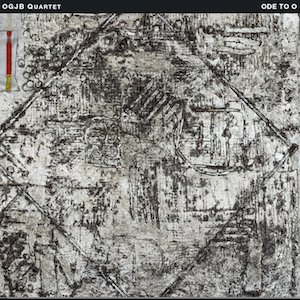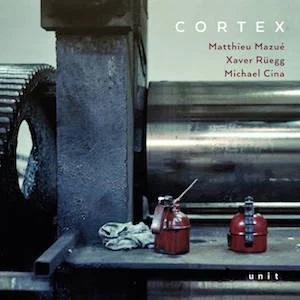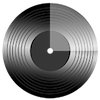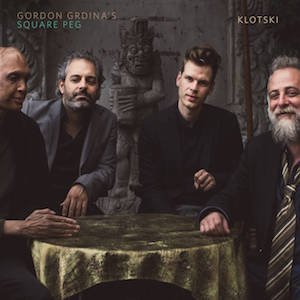Label: TUM Records, 2022
Personnel - Oliver Lake; alto saxophone; Graham Haynes: cornet, electronics; Joe Fonda: acoustic bass; Barry Altschul: drums.
The OGJB Quartet is a product of experienced players who champion artistic freedom with creativity. All four members - saxophonist Oliver Lake, cornetist Graham Haynes, bassist Joe Fonda and drummer Barry Altschul - contribute compositions to Ode to O, the second outing of the ensemble. In line with Bamako (TUM, 2019), its predecessor, this album also includes two collective improvisations; one of them (“OGJB #4”) is expertly infused with Haynes’ electronics.
Penned by Altschul as a tribute to Ornette Coleman, the title track revels in blistering unison lines before Lake and Haynes enhance the angularity of their styles on top of fragmented swinging pulses with the right amount of groove. Then it’s Fonda who speaks vibrantly before the theme is reinstated. With that said, the bassist delivers his best statement on Altschul’s “Da Bang”, which was composed in the late ‘00s for the violinist Billy Bang. At the outset, the drummer explores and articulates the sounds of his drum kit with tasteful combinations, and then he and Fonda lay down an indefatigable locomotion that, bearing manic energy, wrings out every drop of excitement.
Lake calls the world’s attention to “Justice”, where the composure of the horn players contrasts with the ferocious drive of the rhythm section. That’s only until agitated concurrent statements occur between the raspy, growly saxophone and the piercing cornet.
Fonda’s “Me Without Bela” has some connotations with Bela Bartok’s classical erudition, shaping up lamenting lines, bowed bass and surprising percussive elements in an initial phase, before installing an invigorating groove that refuses to leave.
The two compositions by Haynes have distinct feels: “The Other Side” adds some corrosive tones to the graciousness of the theme via a middle passage soaked in electronic effects; “Apaixonado”, which is the Portuguese word for ‘in love’, develops with a steady melancholy pulse, integrating arco and pizzicato hefts, combinations of toms and cymbals, and free melodic zig-zags.
Suffused with both intriguing and exciting moments, Ode to O is prime avant-garde jazz.
Favorite Tracks:
01 - Ode to O ► 02 - Justice ► 04 - Da Bang








































